Plant-based burgers are becoming increasingly popular among consumers who prioritize sustainability and ethical eating habits. The plant-based burger market is projected to grow from a valuation of $5.1 billion in 2023 to $23.2 billion by 2033, with a compound annual growth rate (CAGR) of 16.3% during the forecast period. Several factors have contributed to the growth of this market, including health and wellness concerns, environmental impact, animal welfare concerns, taste and quality improvements, and availability and accessibility.
Consumers are interested in healthy eating habits, and plant-based burgers are seen as a healthy alternative to traditional beef burgers. They are low in saturated fat and calories and often contain high amounts of fiber and other beneficial nutrients. Additionally, producing plant-based burgers requires fewer resources and generates fewer greenhouse gas emissions than beef burgers, making them a sustainable option.
Many consumers are concerned about the treatment of animals in the meat industry, and plant-based burgers provide a cruelty-free alternative. The taste and quality of plant-based burgers have also improved significantly in recent years, making them a delicious option for consumers. Plant-based burgers are becoming widely available in restaurants and grocery stores, making them more accessible to consumers.
The COVID-19 pandemic has also contributed to the growth of the plant-based burger market, as consumers are increasingly looking for healthy and sustainable food options. Many companies have entered the market, including established players such as Beyond Meat and Impossible Foods and traditional meat producers such as Tyson Foods and Nestle. It has led to increased competition in the market as companies strive to differentiate their products and capture market share.
Despite some challenges, the plant-based burger market is expected to continue its growth trajectory. The United States, China, and the United Kingdom are among the countries with the most significant market growth, with increasing consumer awareness and government initiatives driving demand for plant-based options.
As consumers, we have the power to make a positive impact on our health and the environment by choosing sustainable and ethical food choices. By choosing plant-based burgers, we can reduce our environmental impact, promote animal welfare, and support the growth of a sustainable market. Let us do our part in building a better future by making informed and responsible choices in our daily lives.

Planet B Not Found Tee by Tiny Rescue: Climate Collection
Related Content:
Easy Ways to Help the Planet:
- Eat Less Meat: Download Food Monster, the largest plant-based recipe app on the App Store, to help reduce your environmental footprint, save animals, and get healthy. You can also buy a hard or soft copy of ours favorite vegan cookbooks.
- Reduce Your Fast Fashion Footprint: Take initiative by standing up against fast fashion pollution and supporting sustainable and circular brands like Tiny Rescue that raise awareness around important issues through recycled zero-waste clothing designed to be returned and remade over and over again.
- Support Independent Media: Being publicly funded gives us a greater chance to continue providing you with high quality content. Please consider supporting us by donating!
- Sign a Petition: Your voice matters! Help turn petitions into victories by signing the latest list of must-sign petitions to help people, animals, and the planet.
- Stay Informed: Keep up with the latest news and important stories involving animals, the environment, sustainable living, food, health, and human interest topics by subscribing to our newsletter!
- Do What You Can: Reduce waste, plant trees, eat local, travel responsibly, reuse stuff, say no to single-use plastics, recycle, vote smart, switch to cold water laundry, diversify from fossil fuels, save water, shop wisely, donate if you can, Grow your food, volunteer, conserve energy, compost, and don’t forget about the microplastics and microbeads lurking in common household and personal care products!
[ad_2]
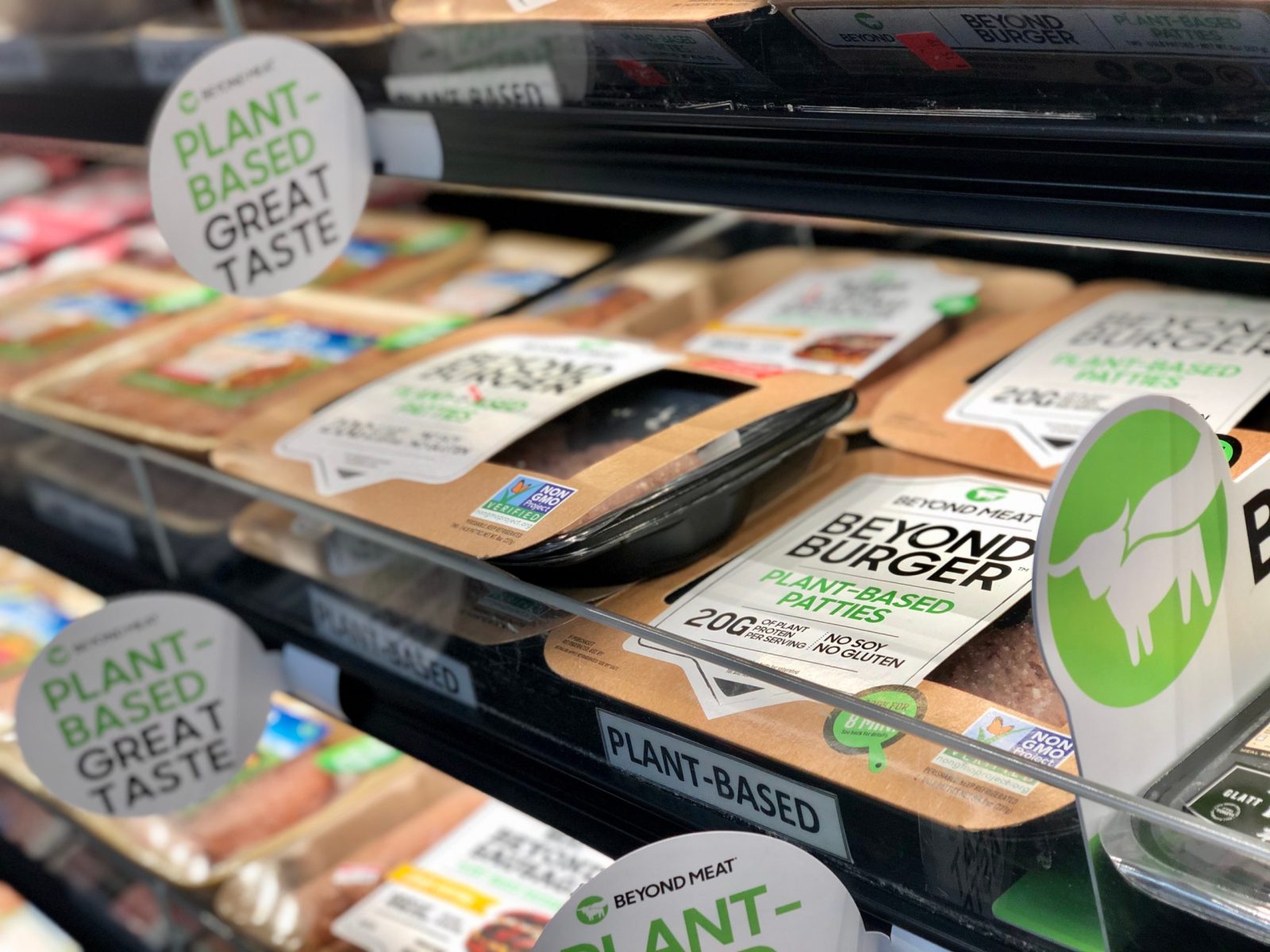
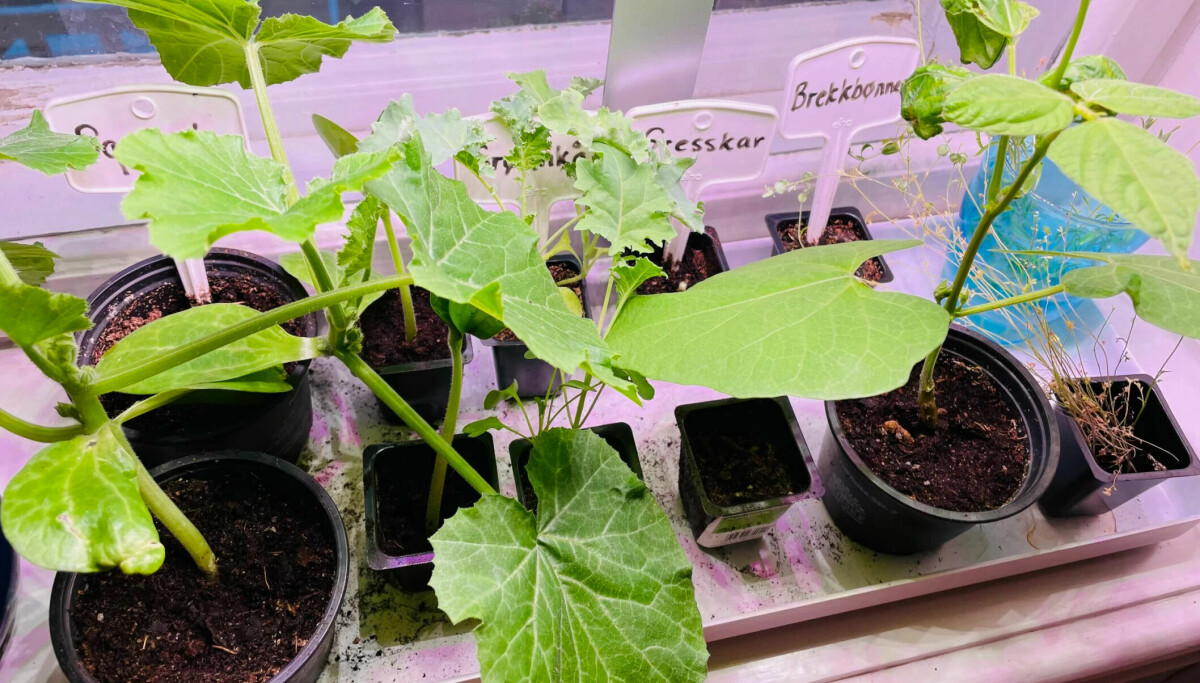

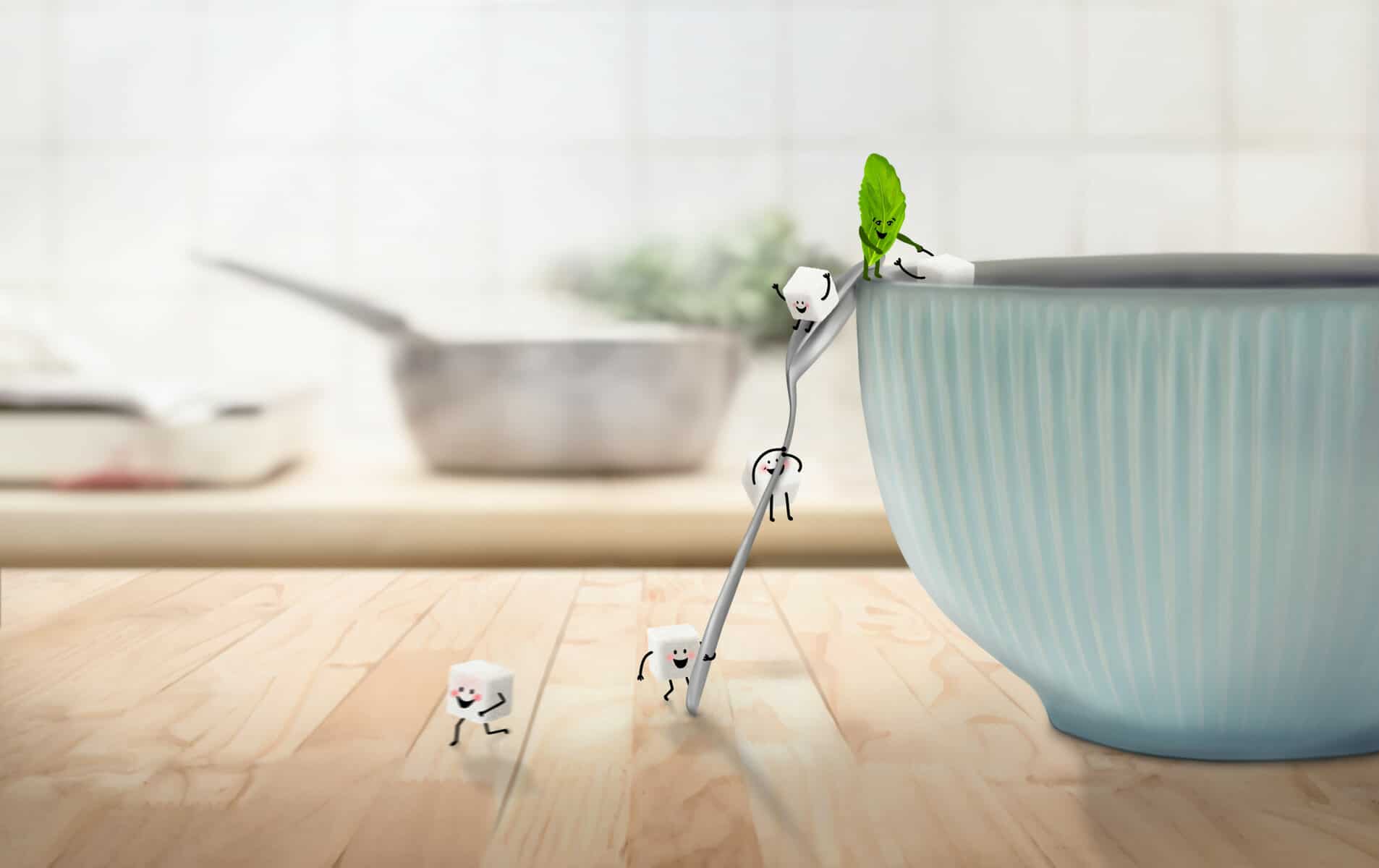


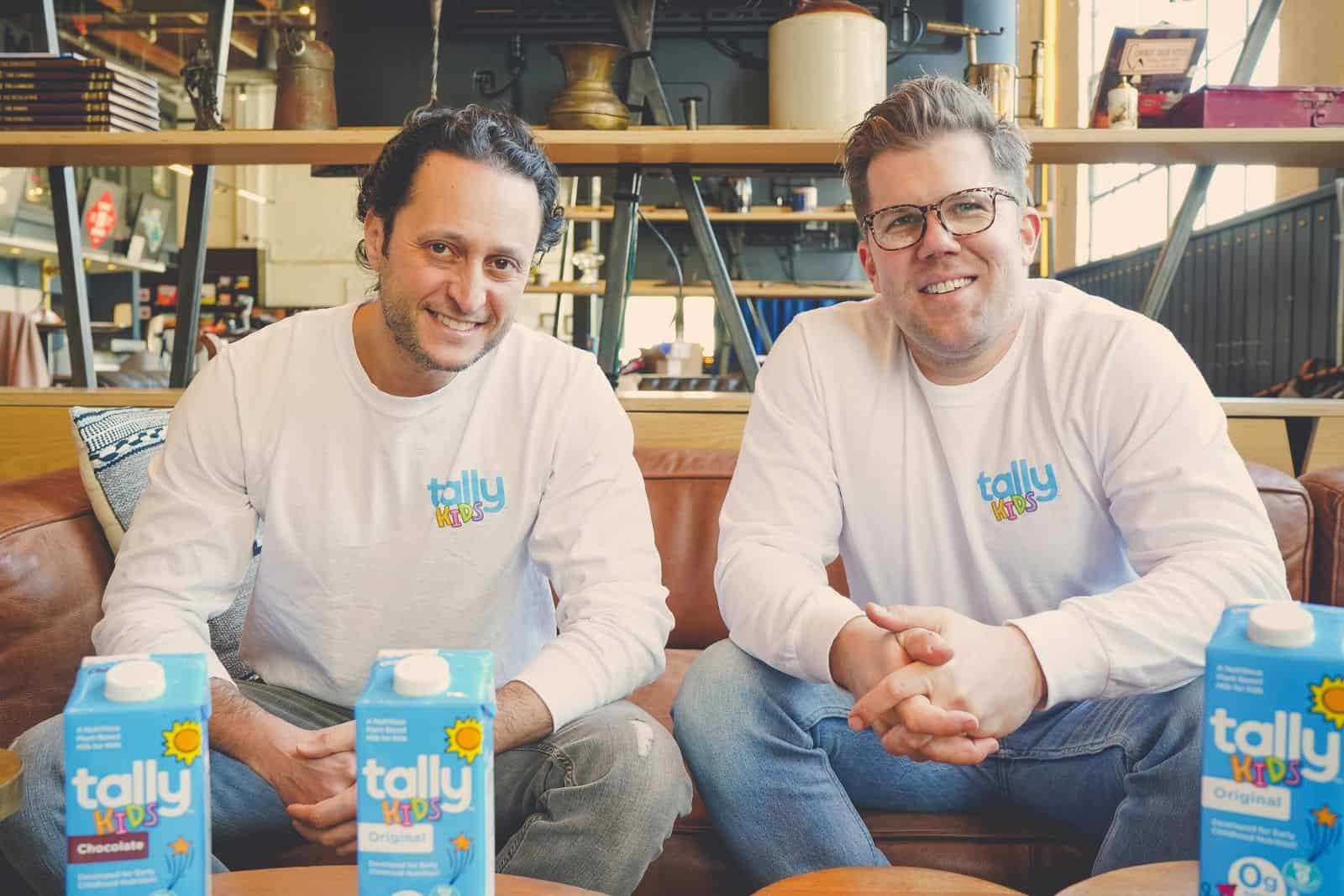
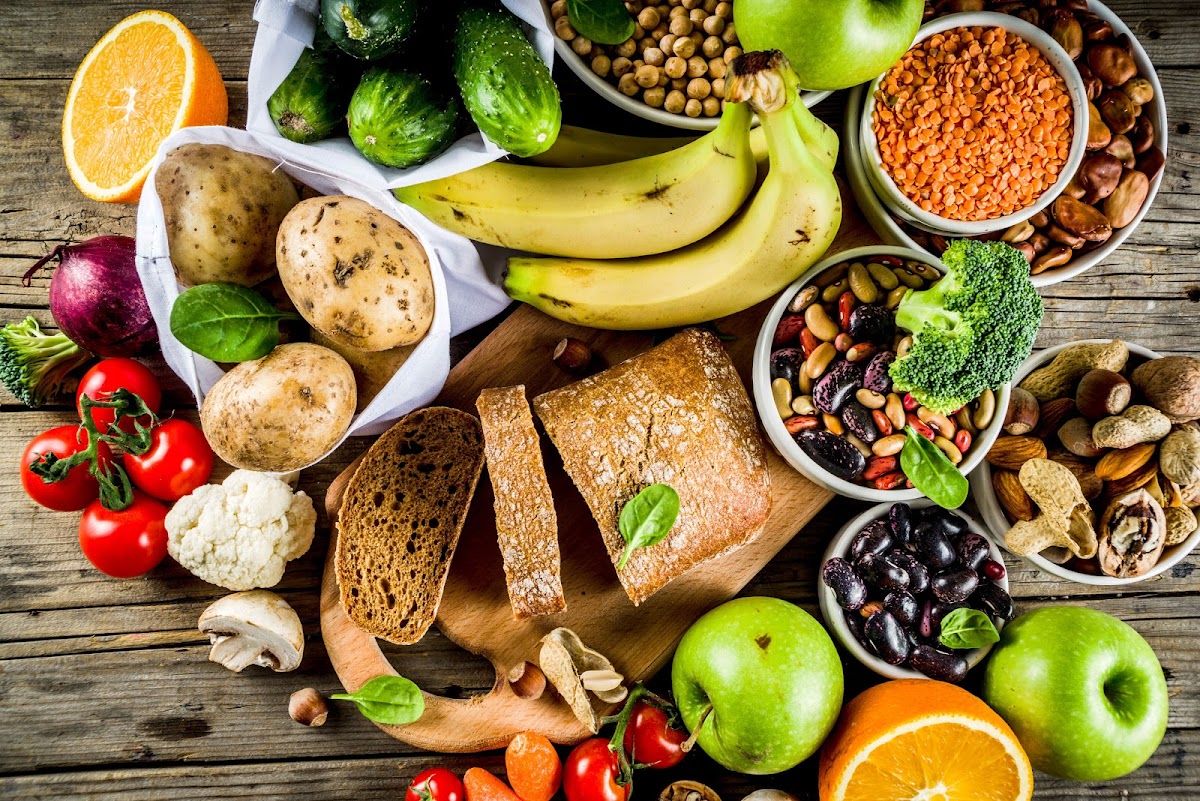

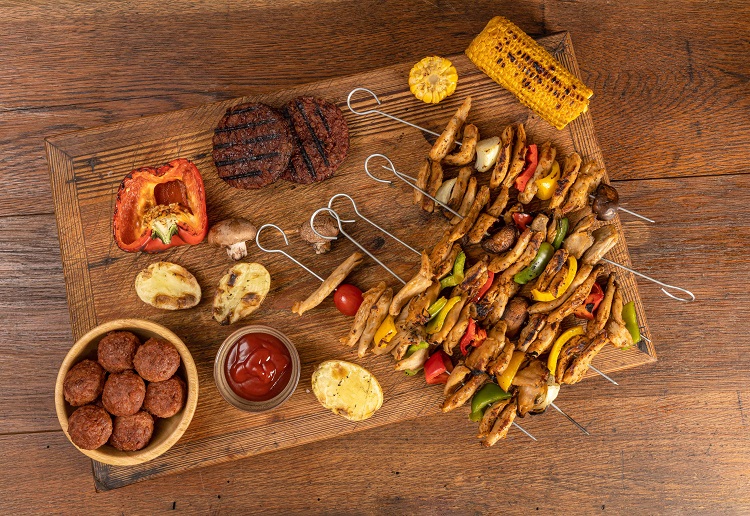



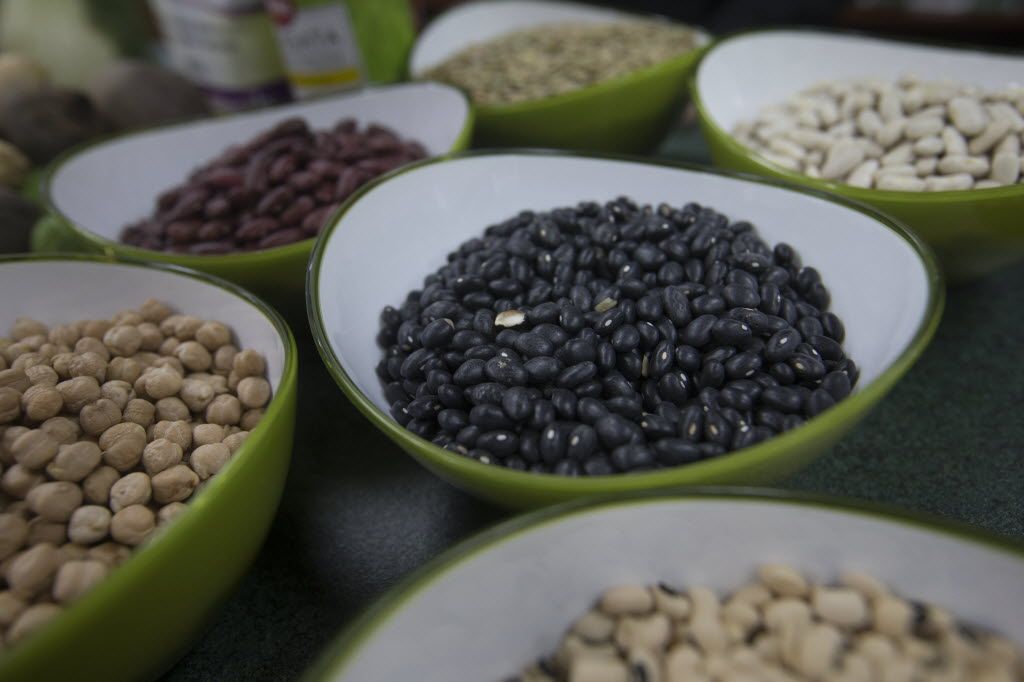

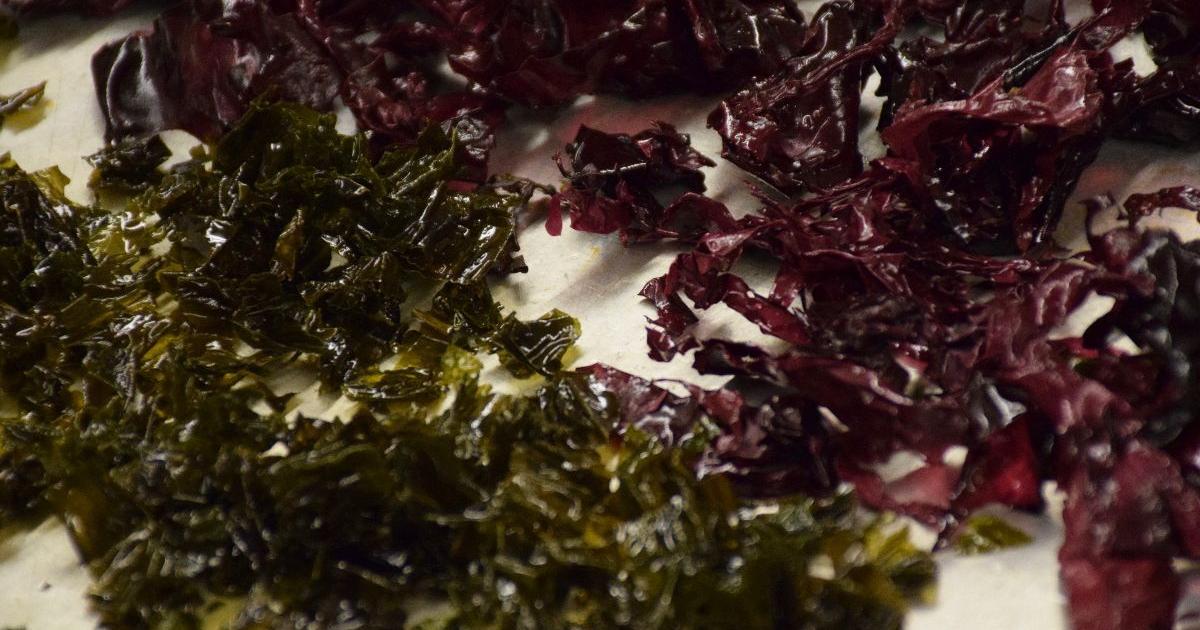
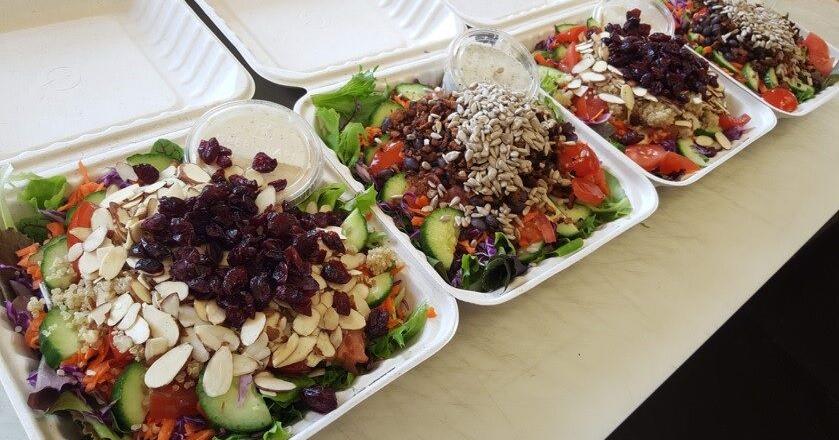


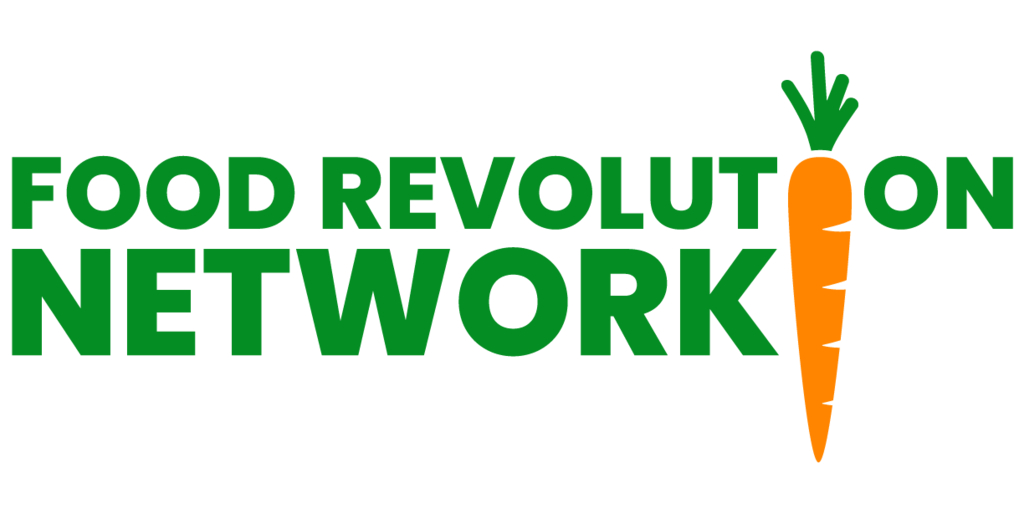
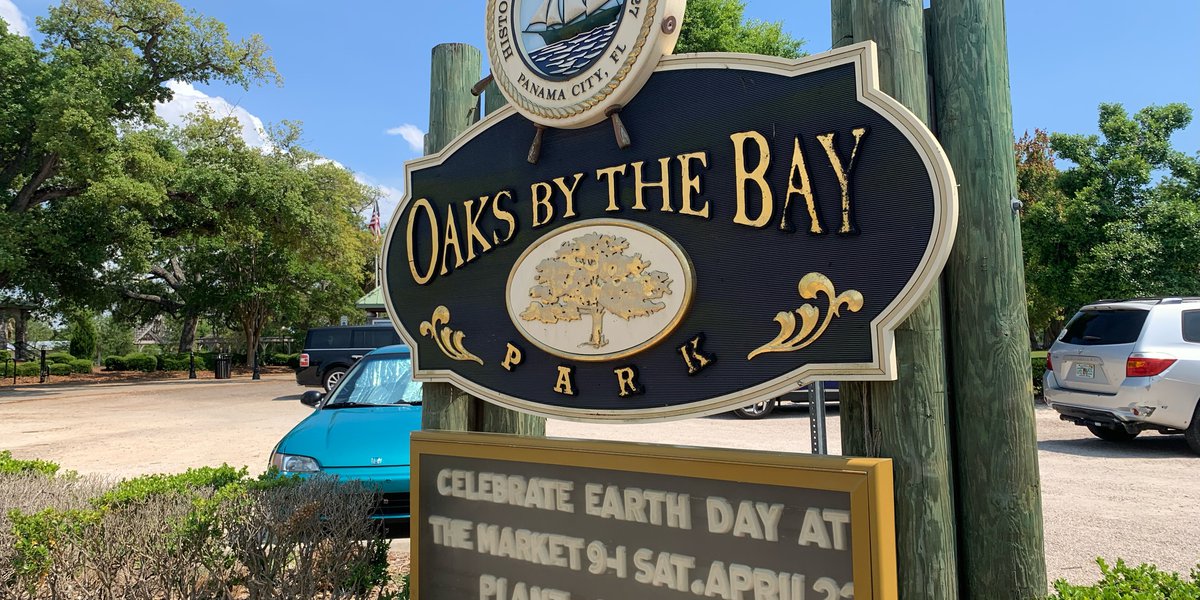





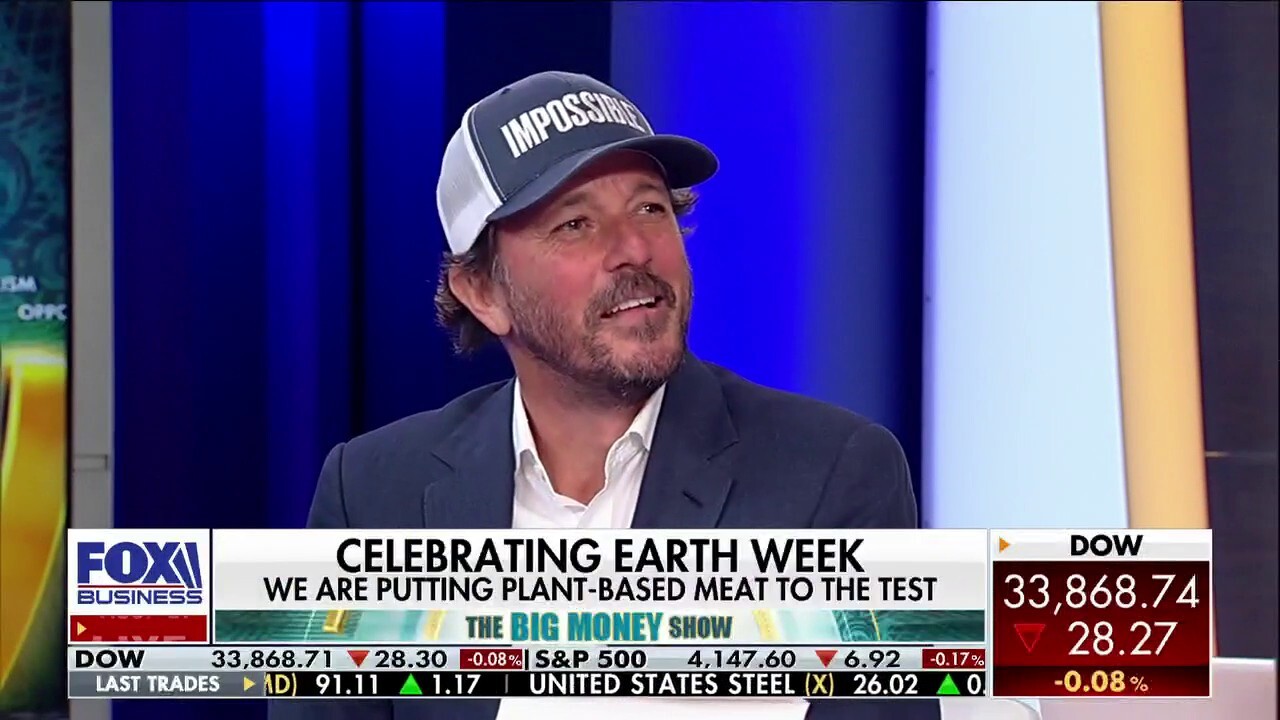
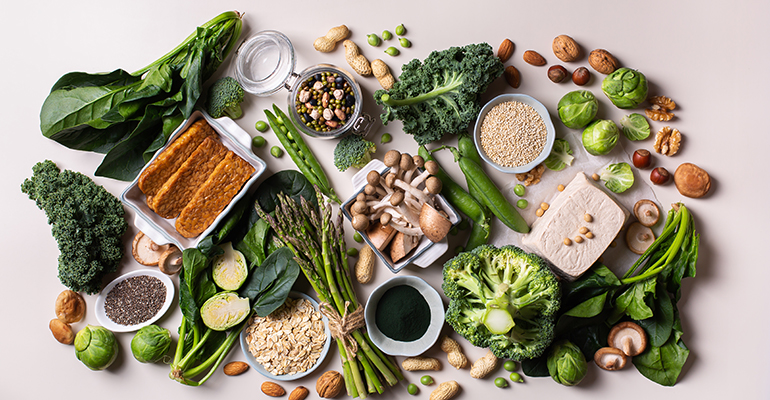
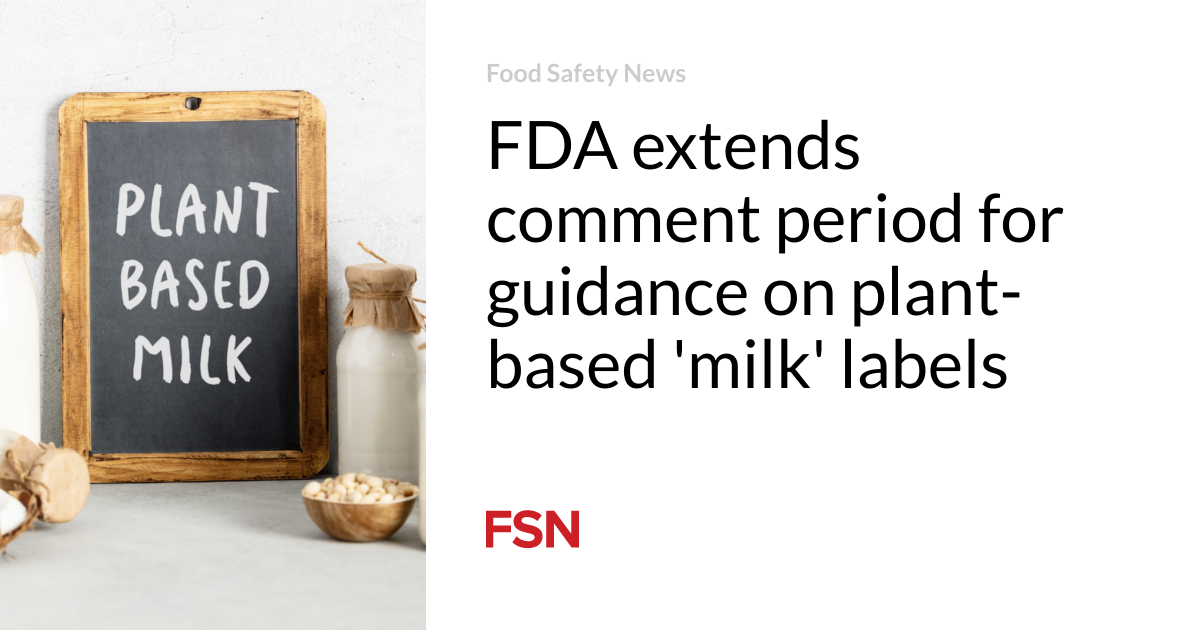

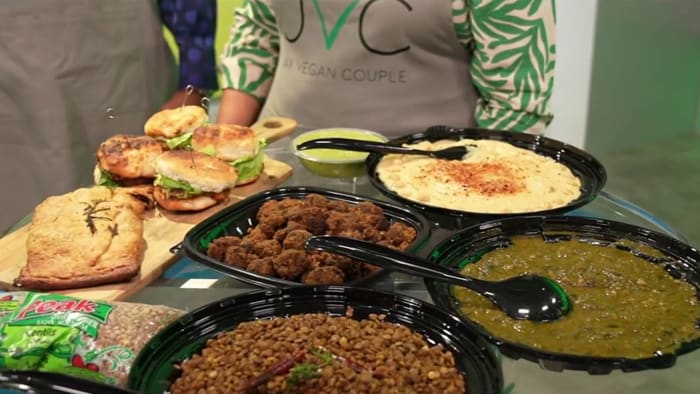

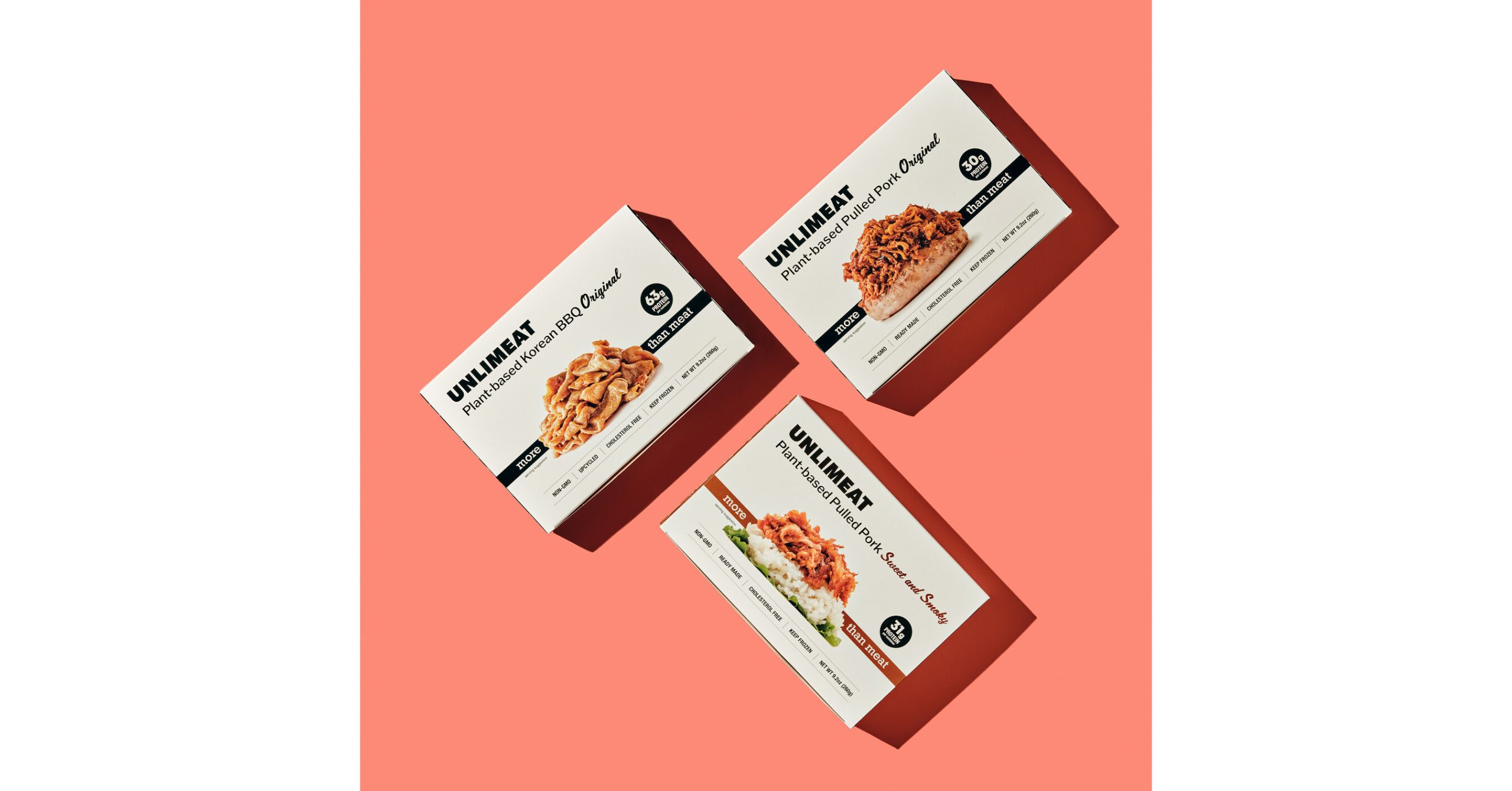
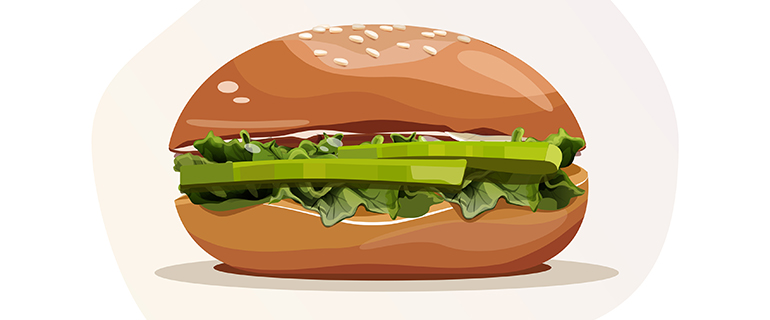



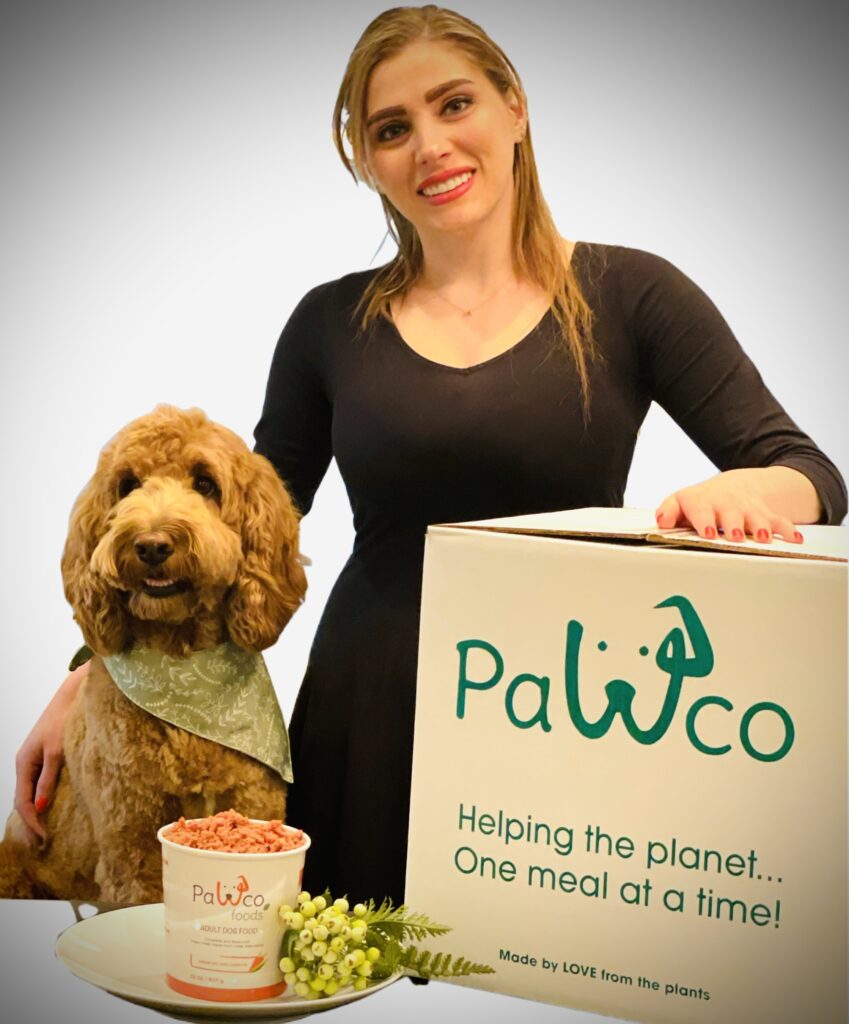


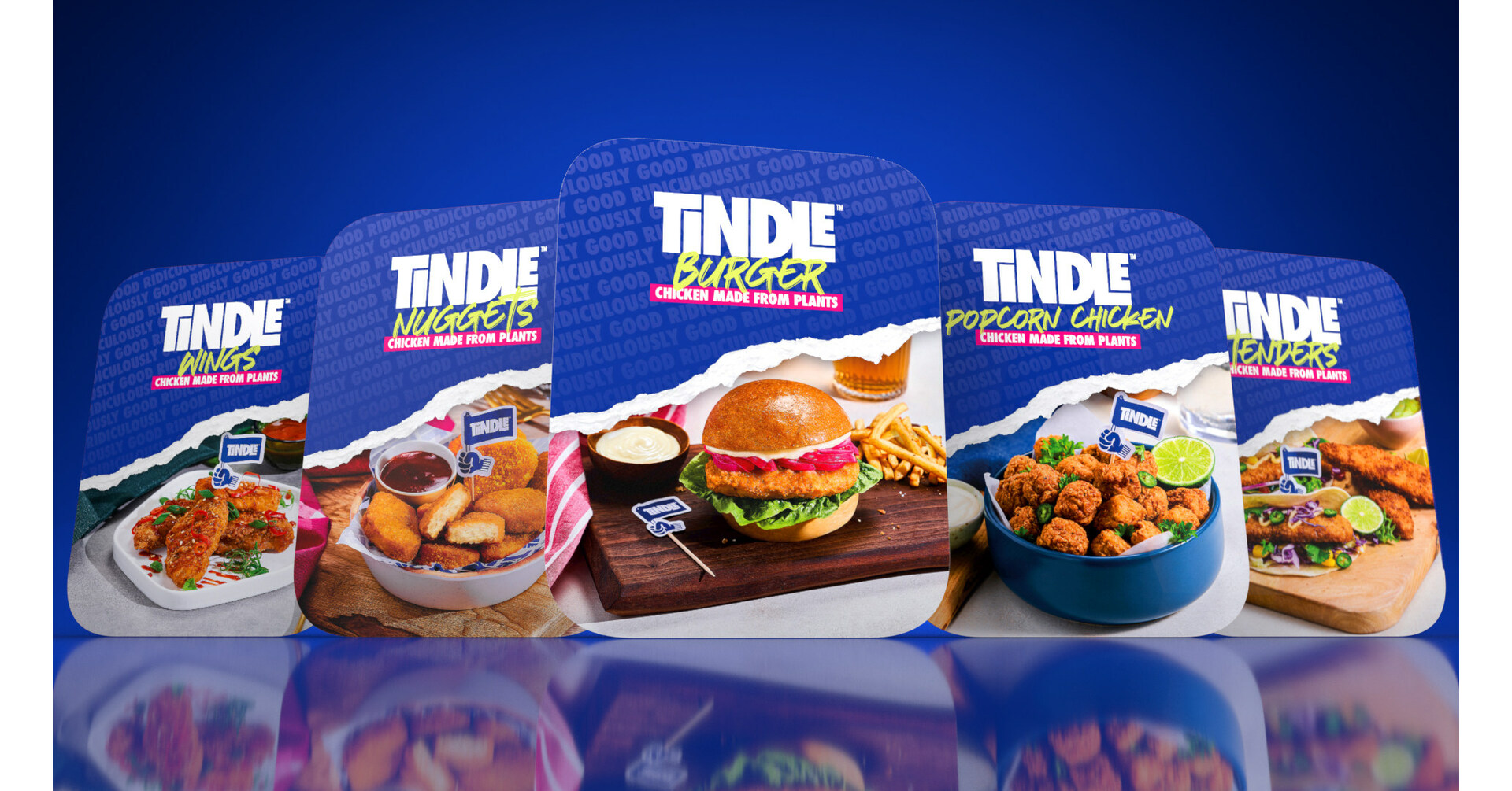


0